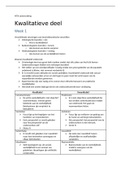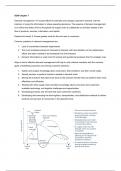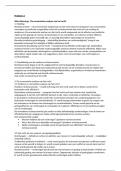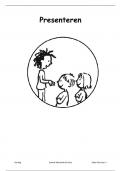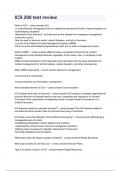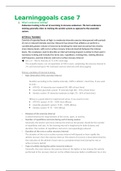Samenvatting
MCRS Mastery Summary
- Instelling
- Universiteit Van Amsterdam (UvA)
This is a dense summary of the Communication Science Bachelor entry course Methods of Communication Research and Statistics. The summary comprises notes and revisions of all weeks of the course, comprising both methods, and statistics. The student still strongly encourages reading the book and view...
[Meer zien]





